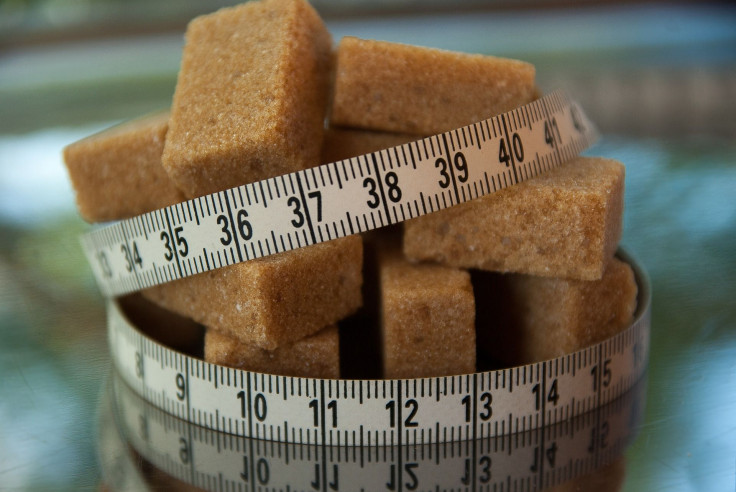Packaged Products With Claims Like ‘Low-Fat’ And ‘Low-Sugar’ May Not Be Nutritious, Study Says

Low-fat, low-sugar, low-sodium, and the list goes on. There’s no avoiding these terms on packaged food. You may have even been lured in by one of these nutrient claims, but how reliable are they? Not very, according to a new study, published in the Journal of Academy of Nutrition and Dietetics.
Read: Diet Tips: Instead Of Obsessively Eating Right, Mindlessly Eat Better With These 5 Tips
The researchers looked at more than 80 million food and beverage purchases from 40,000 U.S. households. Thirteen percent of the food and 35 percent of the beverages in the study had a low-content claim (including no, free, low or reduced). The most common claim was low-fat.
They found foods with low-content nutrient claims were not necessarily reflective of a product’s nutritional quality.
For example, a reduced-fat cookie has less fat in comparison to the original version of the cookie; however, it still may be higher in other ingredients, like sugar or sodium.
“Essentially, reduced clams are confusing because they are relative and only about one nutrient,” lead investigator Lindsey Smith Taillie explained in a news release.
The shoppers who were the most likely to purchase these products came from middle and high-income households.
Despite the popularity of these products, many consumers report they are skeptical of health claims like "low-fat." More than two-thirds of people said they either rarely or never trust nutritional claims, according to a Nielsen 2011 Global Survey.
This research emphasizes the importance of being cautious of nutrient claims. To better understand what's really in your food, read the entire nutrition facts label.
See also: Nutrition Label 101: 4 Ways You’re Misreading Your Food Label
Published by Medicaldaily.com



























